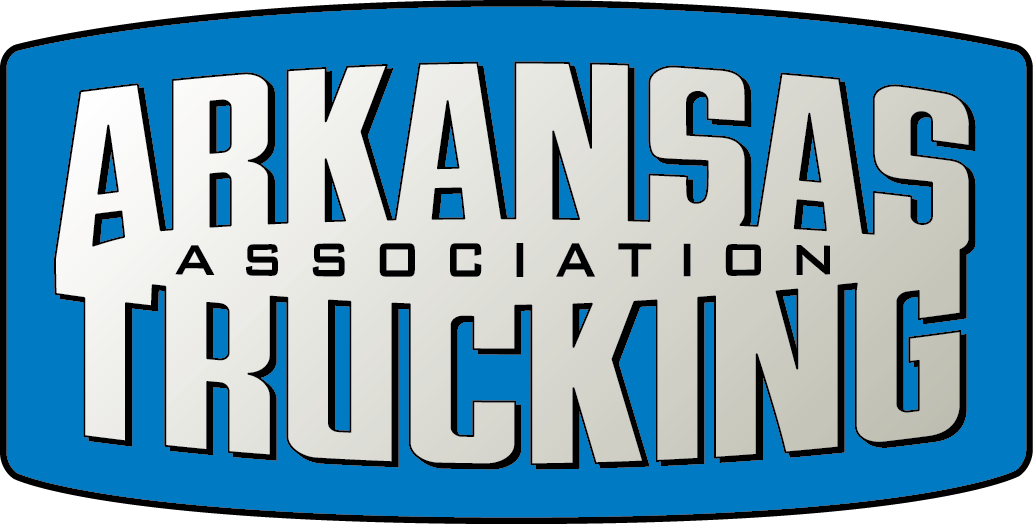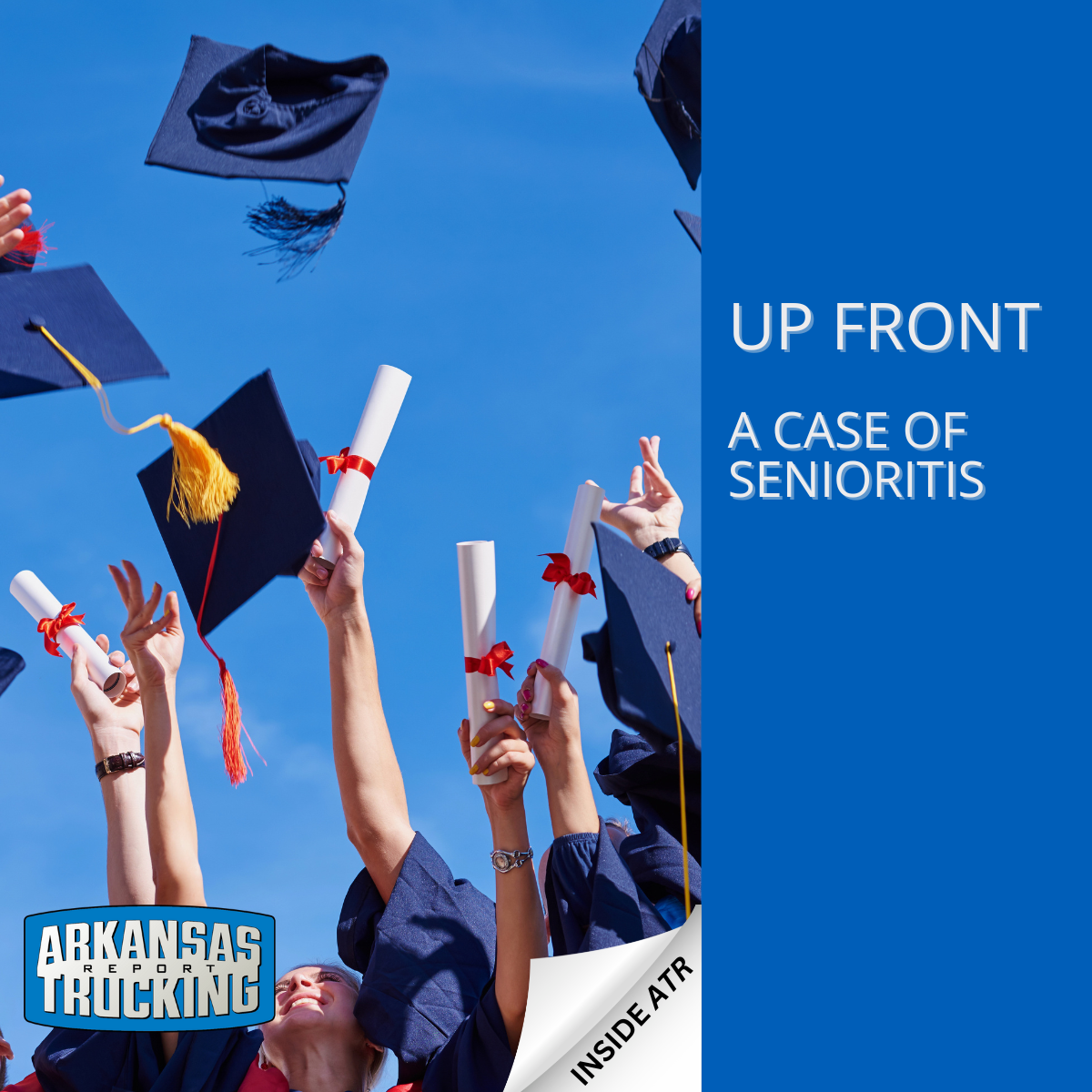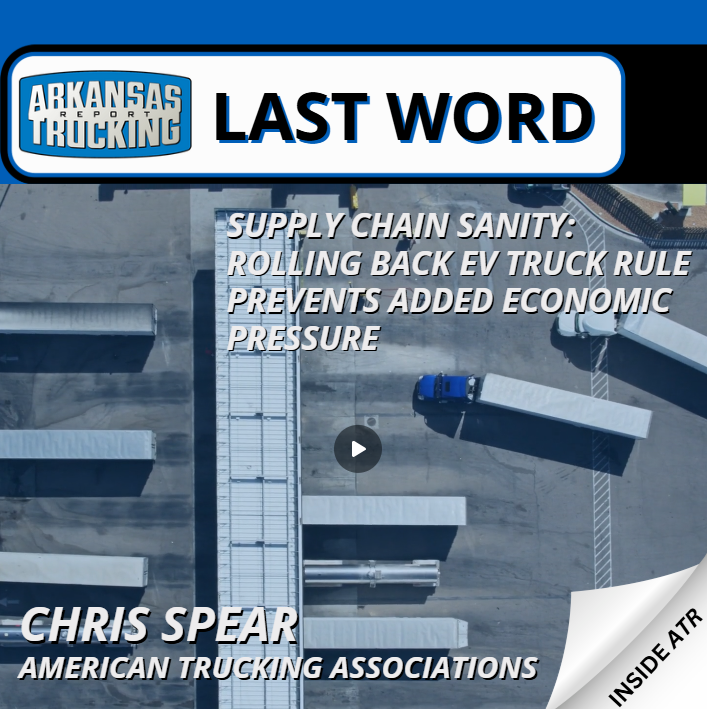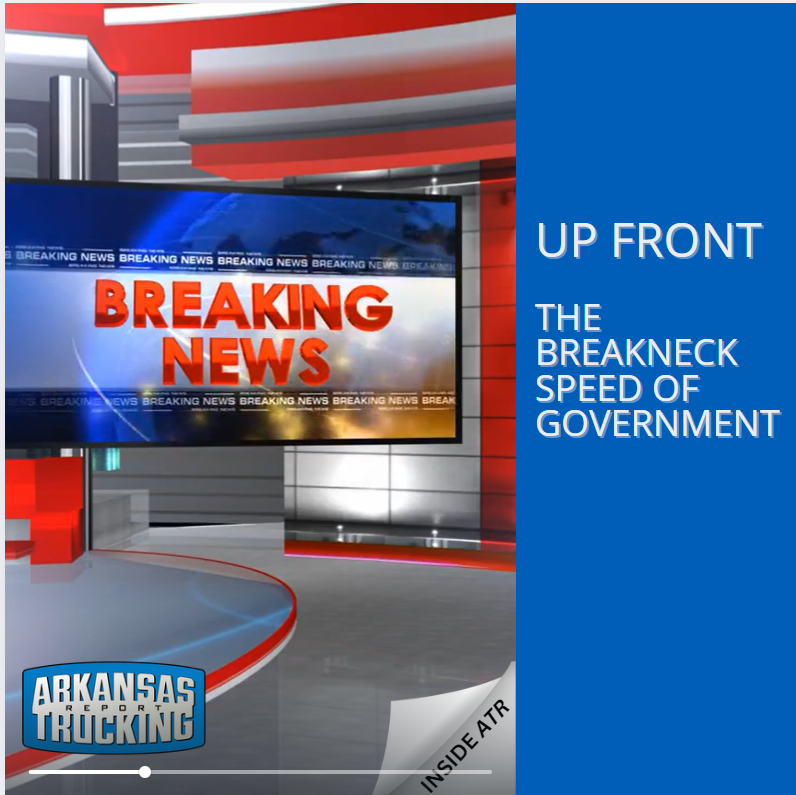By Weston Mars
Everyone’s pandemic experience has been unique and isolating. We’ve been able to watch each other go through it online or post on social media, but I don’t think people understood my job driving a truck before COVID-19. It’s a harder picture to paint now, after everything.
It feels like a lifetime ago, but it was probably around December of 2019 when I first started hearing blips about some bug going around thousands of miles away. It didn’t seem like a major threat.
I didn’t realize how wrong I was.
I was driving for FedEx during the busy holiday season with no cases reported in the U.S. so I didn’t take notice until much later. By March, we started classifying what was and wasn’t “essential” because we had to move food, water and medical supplies first.
I was on long haul, driving from center to center, and some facilities weren’t allowing drivers to come inside. What I remember about that time was how truck driving became an even lonelier and quieter career than it already was. Without access to break rooms or anywhere to mingle with other drivers, I was on the phone with friends, coworkers and people I knew from other companies guessing what might come next. We knew that our job was going to stay important because in disasters, moving freight is always necessary, but the fear of getting sick was new.
I’m young. At first, it seemed like nursing homes were the only high risk community. My own personal health wasn’t really my biggest concern, but I was traveling to hot zones. When I was home, I was worried about bringing the virus home with me.
There’s an old house on my family’s property that I moved out of years ago, but it became a place for both my dad, who is also a truck driver, and I to quarantine for a few days after being on the road. Truck drivers already don’t get to see our families much, so I spent time with mine outdoors as much as possible to keep them safe.
The majority of drivers had the same concerns. We know we’re not scientists. We couldn’t forecast what was coming or totally control the risks we encountered or posed to our loved ones. We learned to appreciate what we did know (masks seemed to be helping) and what we could control (six-foot distances).
Prior to COVID, you wouldn’t think a shower would be that important, but once things closed down, I realized I had taken a truck stop shower stall for granted. So many “essentials” we just trusted would be there—food, water, toilet paper. The experience has revealed how easily things can disappear.
If there was one thing I wish people understood about the experience of being an essential worker, it would be the consistency we tried to maintain when nothing in the world felt consistent. Our sword and shield became a mask and Germ-X, but we still had to go to work every day and perform the same duties.
It will be hard for me to go back to a completely carefree mindset that I had before. The idea of normal has changed. Getting to see my family without concern is the only normalcy I am anxious for.
In February 2021, I started a new job driving for Walmart Transportation, and when the vaccine became available, they delivered it to us at work. I got to roll up my sleeve, take a deep breath and feel relief. I don’t want to get too ahead of myself, but everybody in my immediate family, including everyone high risk, is vaccinated now.
Every generation has had to face something without enough knowledge or resources to succeed, but they did anyway. When it was my turn to face something, I learned that trust and faith in a piece of fabric and a bottle of hand sanitizer had to be enough. Trust and faith in doctors had to be enough. I knew that a lot of people were putting their trust and faith in me to keep driving, so I did.
—–
Weston Mars is a professional truck driver for Walmart Transportation and has served as an Arkansas Road Team Captain since 2017.




